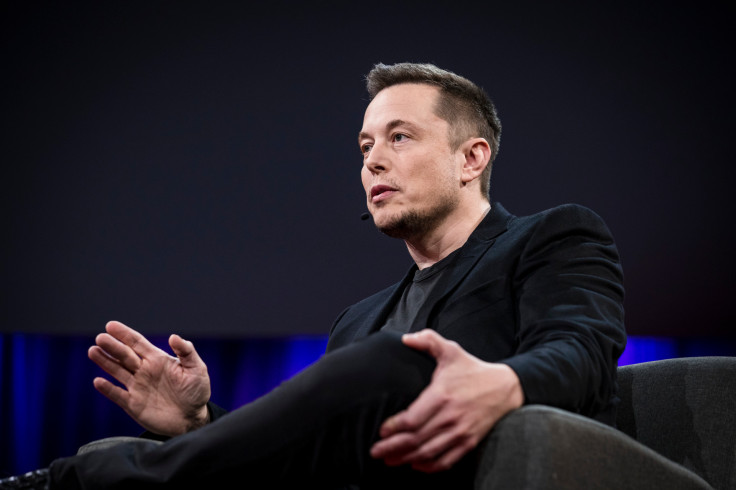Elon Musk Shock: Biographer Criticises CEO For Firing People Instead Of Government Reform
Isaacson says Musk missed chance to reform US government

The American biographer Walter Isaacson criticised Elon Musk for failing to use his talents to reform the US government, arguing that the Tesla and SpaceX chief executive missed an opportunity to drive systemic change. Isaacson suggested that Musk's approach, which included firing staff and dismantling parts of agencies, fell short of the broader reforms he could have achieved had he committed to public service.
Isaacson's Criticism
Isaacson's remarks surfaced after Casey Handmer, a user on X (formerly Twitter), posted a clip of the biographer's comments. In the video, Isaacson said: 'It's a shame because had he gone into government and focused on what he's good at ... He could have changed the government for good ... but instead ... he started, you know, let's get rid of this part of USAID and firing people.'
The comments highlight a tension between Musk's disruptive business ethics and the expectations of reform in government. Isaacson, who has written extensively about innovators, suggested Musk's skills could have been channelled into reshaping bureaucracy rather than personnel cuts.
Musk's Response
Musk responded directly to the criticism, stating: 'I need to tell my story myself and highlight lessons that I learned along the way that would be useful to others'. He indicated that he intends to publish his own account of working with government, describing it as a set of 'first-person technical memoirs' designed to provide practical insights rather than opinion alone.
Musk emphasised that his experiences could serve as instructional material for those interested in driving large-scale reform, particularly in technical and operational areas.
Government Engagement
Musk's engagement with government has not been limited to commentary. He previously held a 'special government employee' status and led the Department of Government Efficiency (DOGE) under the Trump administration. This role placed him in direct contact with federal processes, where he sought to streamline operations and reduce inefficiencies.
While Musk's critics argue that his focus on firing staff undermined the potential for deeper reform, his defenders note that his approach reflects a broader philosophy of cutting waste and challenging entrenched systems.
Imagine spending two years researching and writing an authorized biography on one of the most singular technology and business figures in history and still having so little curiosity and insight.
— Casey Handmer (@CJHandmer) November 17, 2025
Imagine thinking that the best Elon could contribute to government is to register… https://t.co/asvvvCjk2c
Broader Debate
The exchange between Isaacson and Musk underscores a wider debate about the role of entrepreneurs in government reform. Should innovators like Musk be judged by their ability to restructure agencies and processes, or by their willingness to challenge inefficiency head-on?
Isaacson's criticism suggests that Musk's disruptive energy could have been more constructively applied to systemic change. Musk's response, meanwhile, indicates a desire to frame his government experience as a learning opportunity for others.
Looking Ahead
The controversy raises questions about how Musk's forthcoming memoirs will be received. If he delivers detailed accounts of his government work, they may provide rare insight into the intersection of technology, entrepreneurship, and public administration.
For now, Isaacson's remarks have renewed the debate about Musk's legacy beyond business. Whether his government involvement is remembered as missed potential or as a disruptive experiment may depend on how Musk chooses to tell his story, and how readers ultimately interpret his ambitious narrative of reform in future.
© Copyright IBTimes 2025. All rights reserved.





















